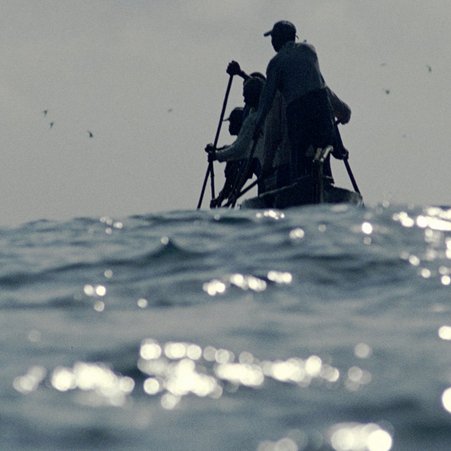- Lighthouse Foundation
- Projects
- Ecuador: Circular economy in the Galapagos Islands
Ecuador: Securing a more COVID-19-resilient circular economy in the Galapagos Islands
What is at issue:
The Galapagos Archipelago is one of the most biodiverse places on the planet. Wellknown for having inspired Charles Darwin’s theory of evolution throught natural selection, the Galapagos Islands contain some of the highest levels of endemism on Earth. The long-term preservation of the United Nations World Heritage site depends critically on the ability of its rough 25,000 residents to co-exist with their natural environment.
In 2020, the COVID-19 pandemic resulted in a complete closure of the tourism industry. The main economic engine in the islands that account for up to 70% of the province’s GDP. The pandemic also disrupted supply chains that are critical to the local agriculture and fishery sectors, which in-turn support hundreds of livelihoods and food security in Galapagos. The latter cobvergence of issues prompted a political response from the highest levels in government to prioritize the creation of new sustainable jobs within the COVID-19-resilient circular economy in Galapagos.
Shortly thereafter, Conservation International (CI) and the provincial government initiated a Pilot Project to develop and test innovative approaches to increase the utilization of seafood waste in Galapagos. Currently, around 2.2 Tons of seafood waste are generated each week by the local fisheries sector, which are subsequently disposed of in polluting landfills in Galapagos. Finding opportunities to utilize this waste, such as through the creation of an organic fertilizer known as ‘silage’, could create new jobs while directly reducing the polluting effects of fish waste being discarded in landfills. The project was therefore designed to simultaneously address key environmental issues that have plagued the fisheries and agriculture sectors in recent years, while also generating new sozio-economic benefits for local Galapaguenos.
Short project video in Spanish
What's happening now:
Next steps: Building on successes of the seafood waste utilization Pilot Project initiated in 2020, there is now an opportunity to support some critical nex steps of the initiative, including:
- Developing a 3-5-minutes high quality project video that summarizes the project results, which can help raise the vivibility of these types of sustainable seafood waste utilization strategies.
- Testing a broader set of applications for sustainable fish waste utilization, such as for livestock feed.
What we have achieved:
In December 2020, CI completed the first trials to transform seafood waste into fish silage in Gallapagos.
The fish silage solution contained important nutrients that can be used as fertilizer – such as nitrogen (2.96%) and calcium (1.13 %) – as well as 21.93% of organic matter, which can significantly improve soil health.
The study team subsequently applied the fish silage in a local tomato farm, and confirmed the effectiveness of the product as a locally-made fertilizer. The agricultural trials also highlighted the competitive advantage of using fish silage compared to the control an synthetic fertilizer treatment.
For instance, the total tomato fruit yield by weight was highest for the fish silage treatment (131 lbs), producing an estimated 9-19% more tomato fruit than both the control and synthetic fertilizer treatments (110 lbs and 120 lbs, respectively). Fish silage also contains many different nutrients that are not present in synthetic fertilizers, such als calcium, and therefore displayed a better performance in terms of plant health.
In order to access the taste and other culinary attributesof the tomatoes produced using fish silage, samples were provided to eight local chefs in Galapagos to evaluate five different taste profiles: sweet, salty, acidity, bitter and umami. The blind tests for six of the chiefs indicated that the tomatoes treated with fish silage were sweeter, juicier and bettertasting than those produced using agrochemical fertilizers.
Reports:
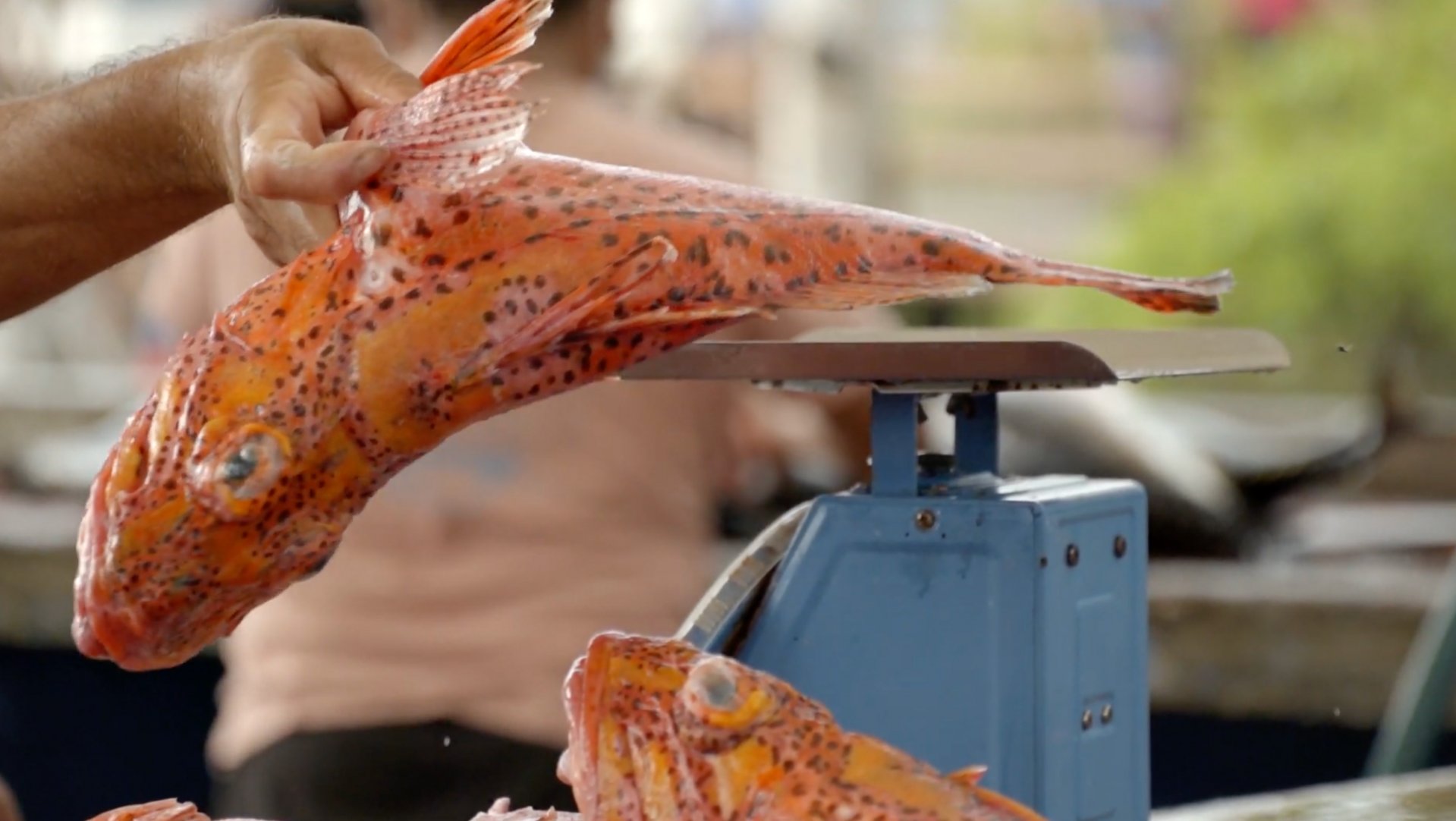
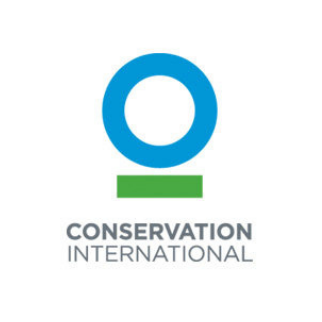
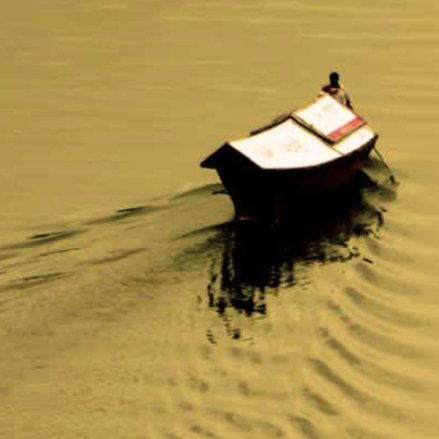)
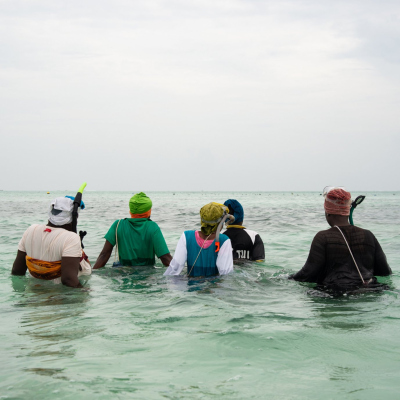)
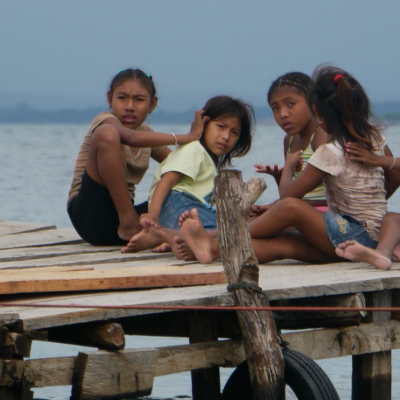)
